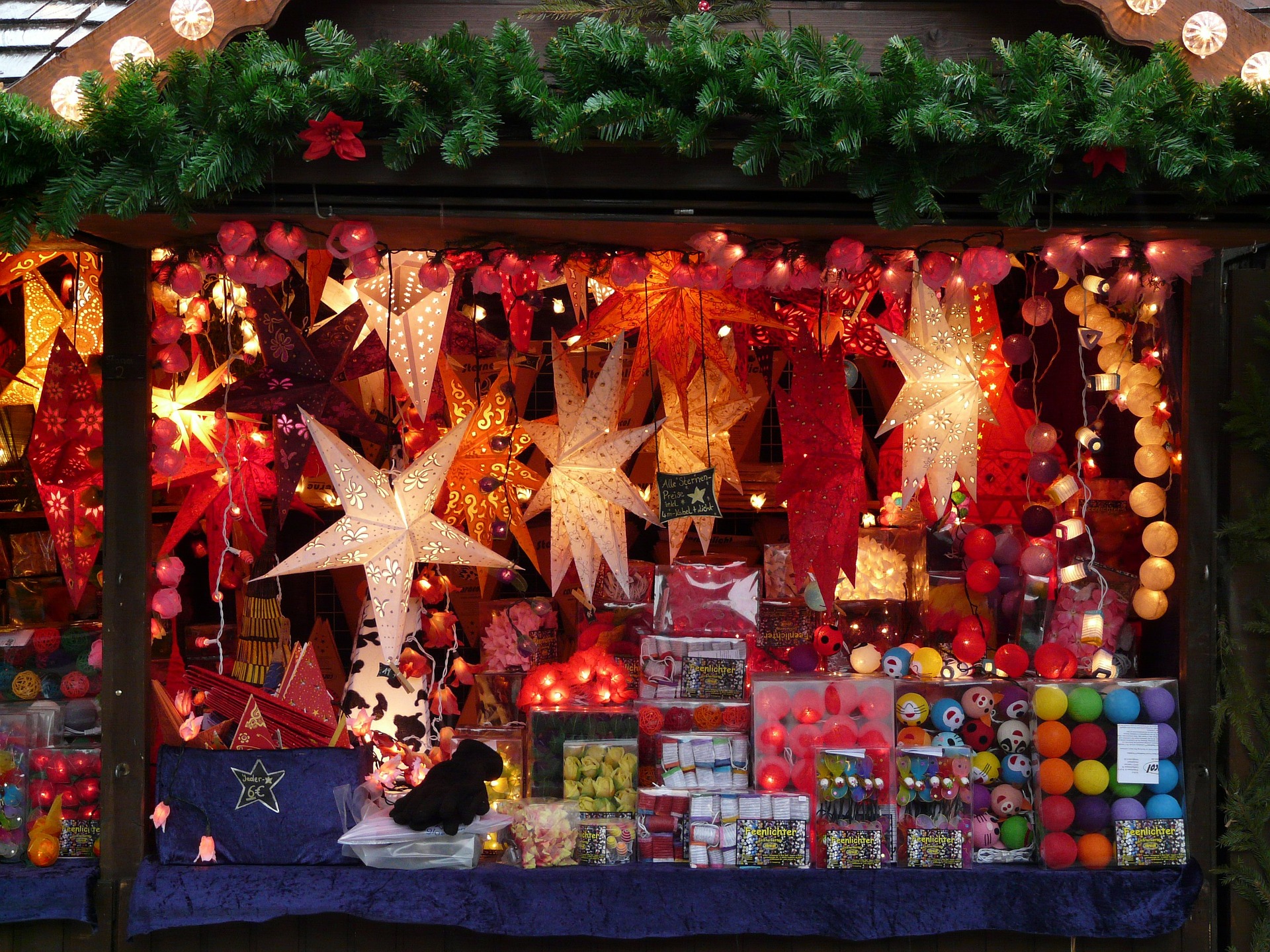Latest News
The Best Christmas Markets In Germany
December 2nd 2018
By Forbes

Forget cars, the German Christmas market is the perfect Northern European invention. Unchanging, charming, a month-long festival of gingerbread and mulled wine with gentle happiness at its core. Every city of note - from Cologne to Hamburg and Frankfurt - has at least one, dispensing conviviality and wurst alongside, gingerbread, ice skating and fir cones.
The German capital of Berlin does Christmas in a highly inclusive way. Although most people head straight to Weihnachtszauber, with its funfair and petting zoo for children, you can find a market to suit every festive mindset. There’s a hipster market at Kreuzberg, while you can buy eco-ornaments and presents at the green market on Sophienstraße while the Lucia market goes Nordic with candles and Swedish flags. Want something more extreme? The nearby town of Spandau takes things back to Renaissance times.
There’s been a Christmas market in Nuremberg since the 17th century, originally in the shadow of the Cathedral, but now spreading into surrounding medieval streets. It’s overseen by the Christkindl, a local girl between 16 and 19 in an extravagant blonde wig and golden cape who was invented by Martin Luther in an attempt to jolly up Protestantism in the 16th century. Very wurst-minded, with plenty of mulled wine, Nuremberg’s other speciality of Zwetschgenmännle - figures made from prunes are worth swerving but Nuremberg’s World War II history is a fascinating backdrop and thoroughly chronicled and the artist Durer, a local boy, is celebrated with a atmospheric museum.
With a reputation among the young as the new Berlin, Leipzig has some truly great bierkeller and posh hotels that don’t cost a fortune. Leipzig has one one of Germany’s oldest Christmas markets including nativity scenes that feature live animals, all showcased by properly old Gothic architecture. Music and art is part of the appeal too; Bach lived, worked and is buried here and the standard of Leipzig’s choirs is very high while the Museum of Bildenden Kunste has both German Expressionists, Munch and Cranach.
Heavily targeted by the allies in World War II, Dresden takes a particularly peaceful approach to Christmas markets. Claiming to be Germany’s oldest, it centres around Frauenkirche and across the Elbe river into the city’s baroque quarter.
Munich’s main Christmas market is held in Marienplatz and has a particularly charming backdrop of historic buildings. You’ll find ornaments and traditional Bavarian delicacies here, dispensed from traditional wooden huts. Another niche market: the Mosel-Wein-Nachts-Markt takes place underground in the historic wine cellars of Traben-Trarbach in south-west Germany.